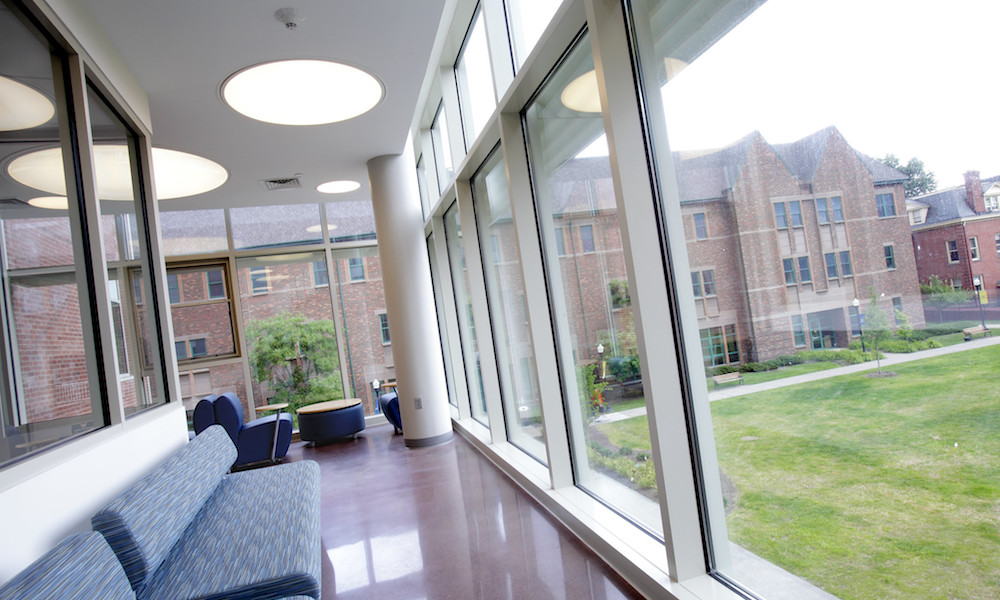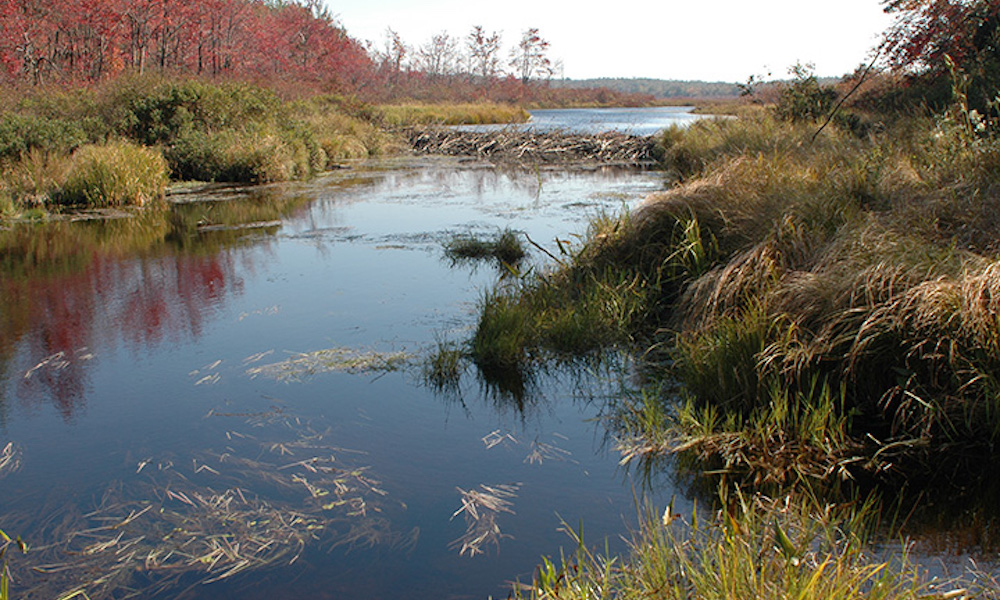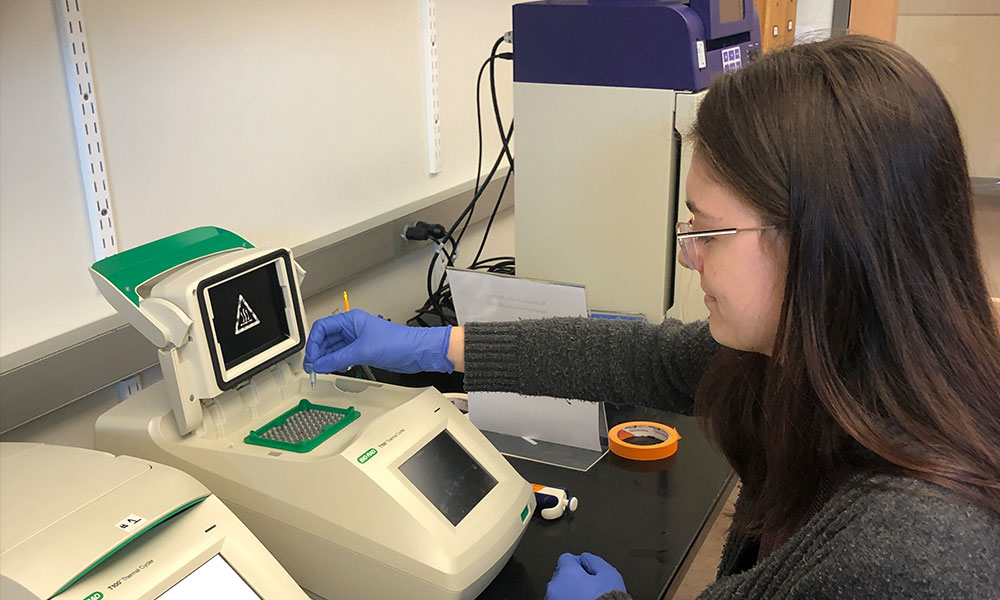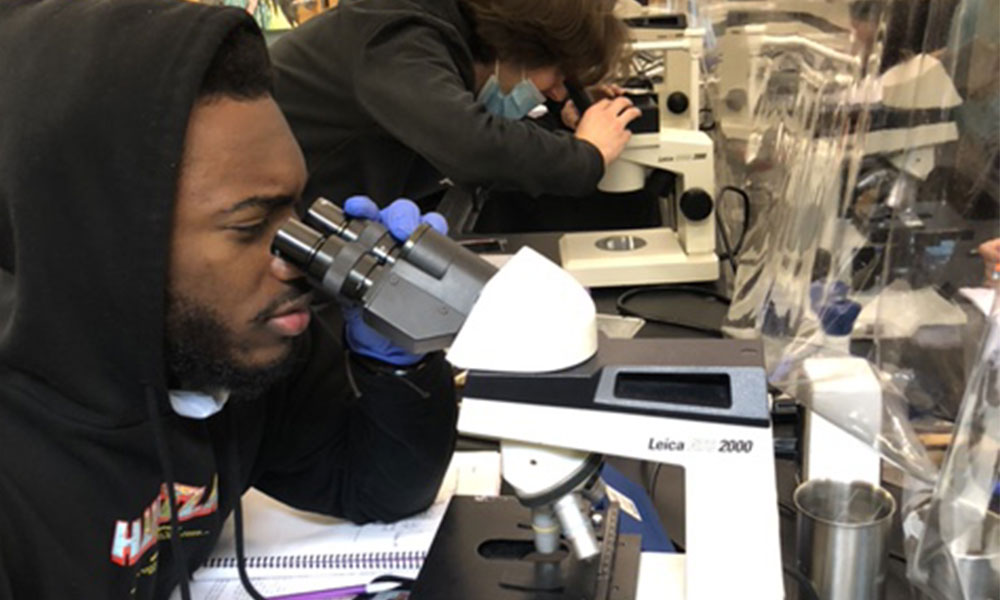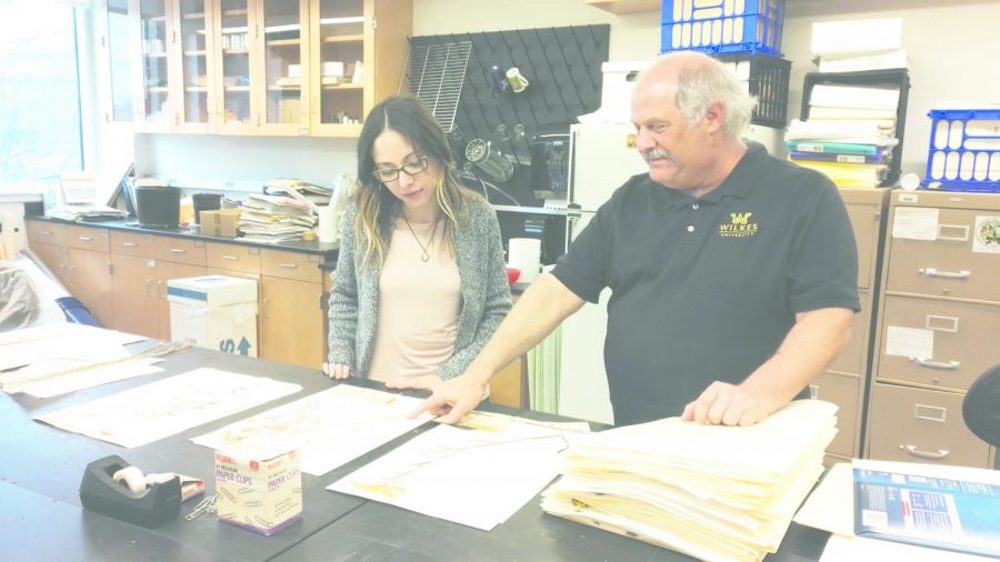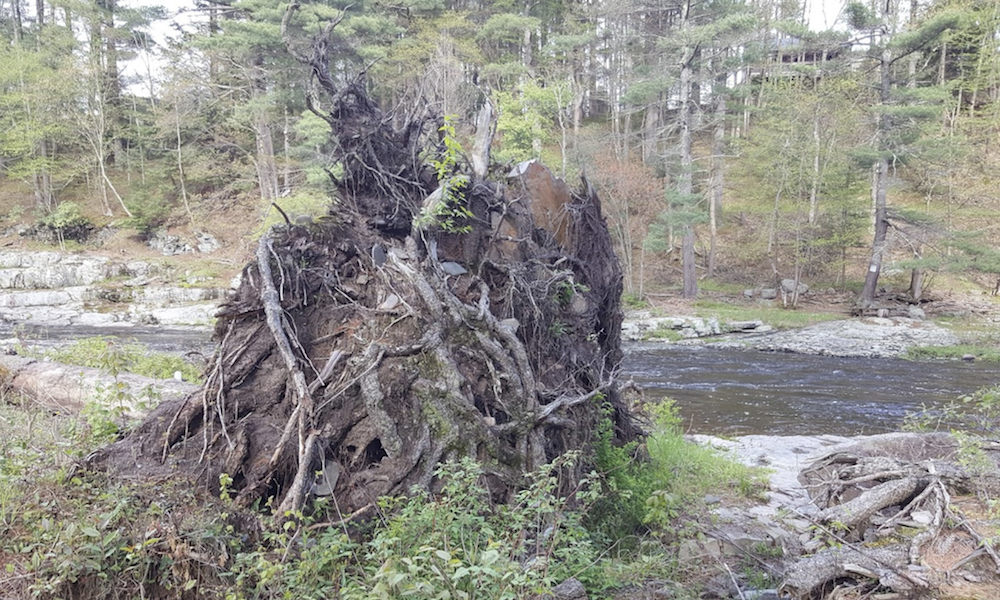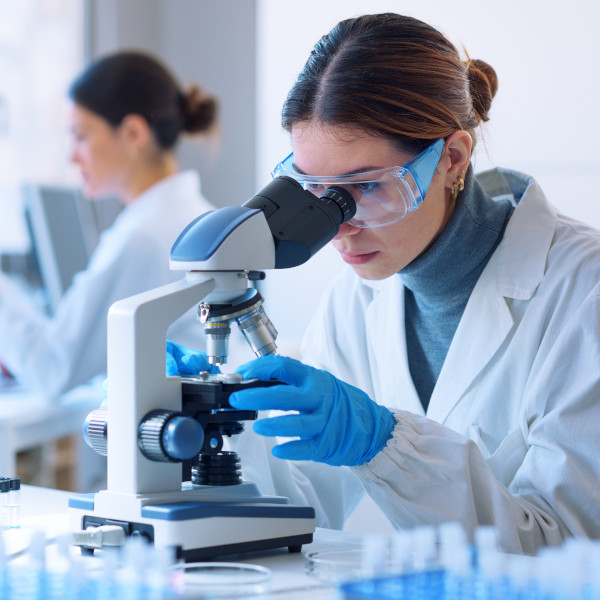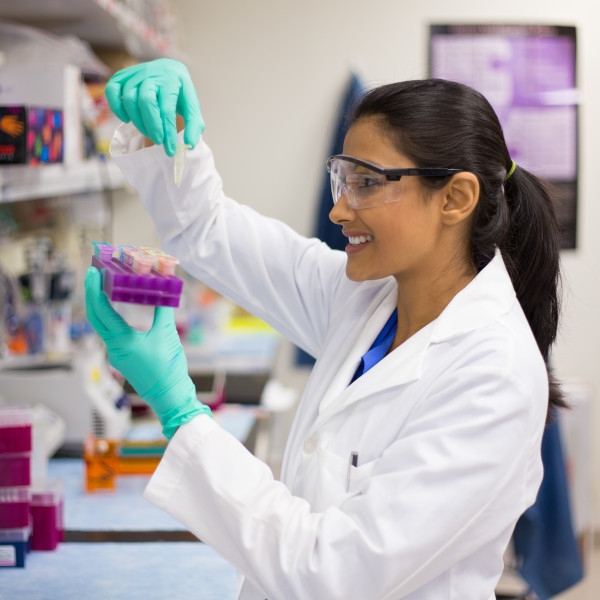The world needs biologists like never before to solve many of today's challenges. At Wilkes as a biology major, you'll get solid preparation for graduate and medical programs as well as a range of biology-related professions in business, government, non-profit organizations and education.
Program Snapshot
| Program Type | Format | Credit Hours |
|---|---|---|
| Major, Minor | On-campus | 122 (22 for minor) |
Why Study Biology at Wilkes?
Our faculty work closely with you both in and outside the classroom to help you gain knowledge and skills to be successful as biologists. Biology faculty members are dedicated to teaching excellence and ability to conduct research with undergraduates. You’ll dive right into real projects as early as your first year. Our broad curriculum provides you with maximum flexibility and prepares you for a variety of advanced programs and biology careers. In essence, the Wilkes University Biology faculty members want to you to be successful. By taking advantage of our extensive research opportunities, you can complete your bachelor’s degree with a master's level of research experience. Many of our students directly enter doctoral programs upon graduation.
What Will You Learn as a Biology Major?
- You'll gain knowledge encompassing diverse areas of biology, including cell and molecular biology, structure and function, ecology and evolution and the plant sciences.
- You'll build scientific investigative skills and learn techniques including genomics, animal behavior, biodiversity, population and ecosystem biology, botany and quantitative modeling skills.
- You'll gain the ability to think critically about biological issues and to think about the human dimension as it relates to the biological sciences. And you'll become adept at reading technical literature in biology, how to write about biology and how to develop and present oral, poster-based and manuscript-based descriptions of your work.



